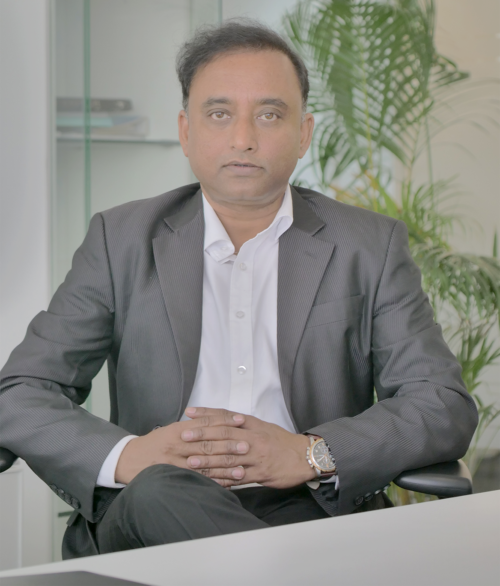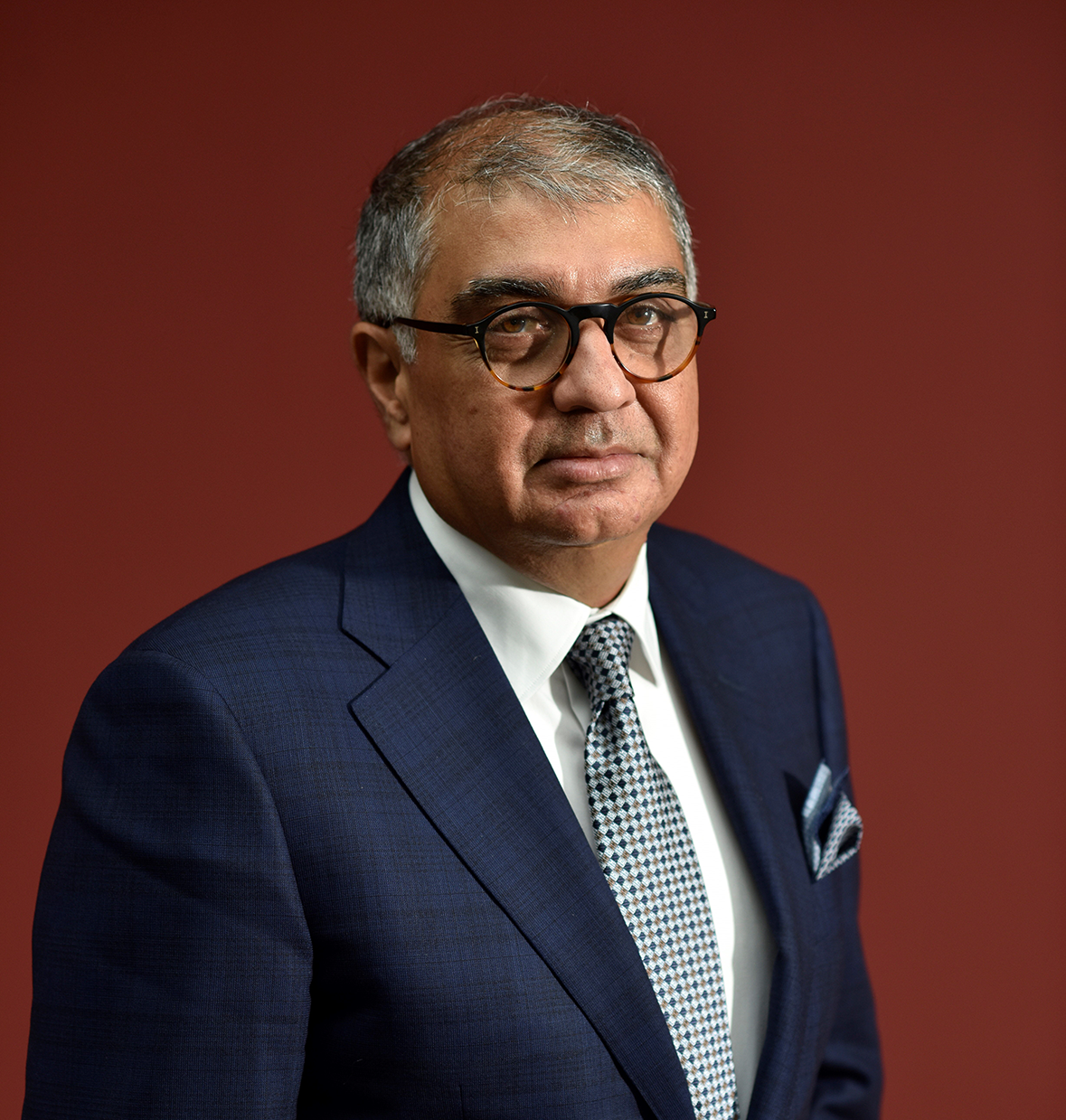Dhritimay Dhar, Vice President- Sales and Marketing, India, and South Asia, Draeger
The MedTech industry has continued to evolve over the years. How do you foresee this sector to shape/grow in India? The MedTech industry is currently at an inflection point, with many factors at play. As

The MedTech industry has continued to evolve over the years. How do you foresee this sector to shape/grow in India?
The MedTech industry is currently at an inflection point, with many factors at play. As per reports, the Indian healthcare industry has been growing at a CAGR of 22% since 2016. The sector is receiving an impetus with new Government initiatives such as Make in India, National Digital Health Mission, PLI schemes, FDI and many such conducive frameworks that are strengthening the growth of the sector at large. In addition, rising proportion of lifestyle diseases, accelerated adoption of emerging technologies all immensely contribute to the growth of the sector at large. While the market for healthcare solutions has also lately seen several changes, especially in the wake of COVID-19, the Med-tech sector is now playing an even more significant role in the delivery of healthcare to improve patient outcomes. Advancements in medical technology in the last two decades has revolutionized the way healthcare is delivered worldwide.
India is a promising market for MedTech and is the fourth largest in Asia. Using assets like a skilled talent pool and extensive technological and medical expertise, strengthening its supply chain as well as adoption of technology innovations will be instrumental in driving growth for the sector. Overall, a multi-partisan approach involving public and private sector collaborations will be essential for ensuring deeper penetration of medical technology beyond urban areas.
What are the key drivers leading to a paradigm shift in critical care management?
Critical care refers to the holistic and comprehensive care given to patients suffering from chronic medical conditions or severe injuries that require immediate medical intervention. Critical Care and Emergency Medicine in India has undergone a lot of changes over the past few years and has grown to be a very important department or facility in the entire healthcare ecosystem. India’s hospital sector, accounting for 80 percent of the total healthcare industry, is witnessing significant interest from both global, as well as domestic investors. With higher spending by the public and private sectors, along with primary healthcare, the critical care segment, especially in Tier II and III cities has been receiving serious attention across the country. Secondly, cohesive collaborations and partnerships between healthcare providers and technology companies have been bringing positive change in terms of creating robust healthcare ecosystem. In addition, the COVID-19 pandemic significantly altered the status quo for the health care industry. While the long-term trend has always been positive, there has been heightened interest the pandemic has brought to the fore, like importance of multispecialty treatments going, as well as the need for drastic redesign of hospital infrastructure that meet the current and future requirements.
Overall, surge in greenfield projects, medical tourism, proactive government policies, connected medical device and increased adoption of technologies for making healthcare equitable and accessible are key drivers impacting growth of critical care segment in India.
Tell us something about Draeger and its contribution in the MedTech/ healthcare space?
Draeger has a legacy of over 130 years, starting from Germany in 1889 and evolving into a worldwide medical solutions provider. Guided by the principle ‘Technology for Life,’ we are committed to quality and innovation for protecting and saving lives. Our products combine the best of medical and IT solutions enabling us to fulfill our customer’s need in every aspect of patient care. As a company we offer a broad portfolio of technology solutions and industry-leading products that include anaesthesia workstations, ventilators for emergency care to patient monitoring systems and gas management systems needed throughout the hospital. Over the years, Draeger has pioneered in bringing best-in-class and cutting-edge solutions and services that are futuristic and positions us as a one-stop solution providers to cater to the evolving need of our customers.
How is connected medical devices transforming the healthcare delivery and access?
Connected medical devices will continue to have profound impact on patients, clinicians, and healthcare industry at large. There have been several conversations around digitization, data analytics, artificial intelligence, automation, and medical device interoperability. The development of value-based health care has been instrumental in helping healthcare organizations achieve better clinical outcomes, improve accessibility, and enhance efficiency.
At Draeger, we are guided by our philosophy of turning technology to ‘Technology for Life’. We combine solutions, services, and expertise to provide integrated systems solutions enabling new clinical applications, productive workflows across acute care departments, while significantly improving efficiency and patient wellbeing in a safe and secure environment. Our catalogue of medical devices interoperability solutions is tailored to suit the needs of our customers while driving improved clinical, operational, and sustainable outcomes across the continuum of care.
Overall, the industry’s future will depend on its ability to demonstrate how connected medical devices contribute to the new value-based paradigm and at Draeger, we are well-poised to play a vital role in responding to the transformation in the entire healthcare access and delivery value-chain.






